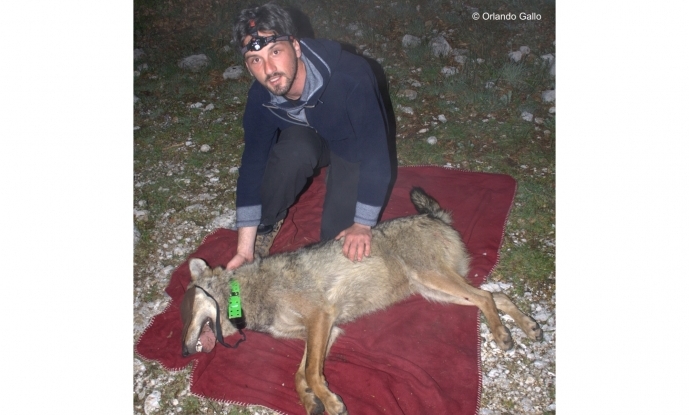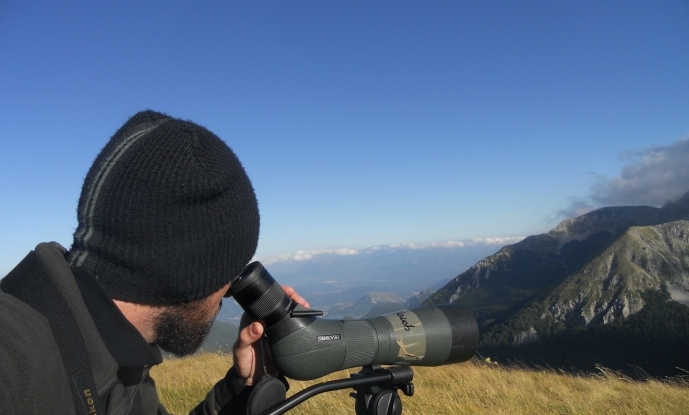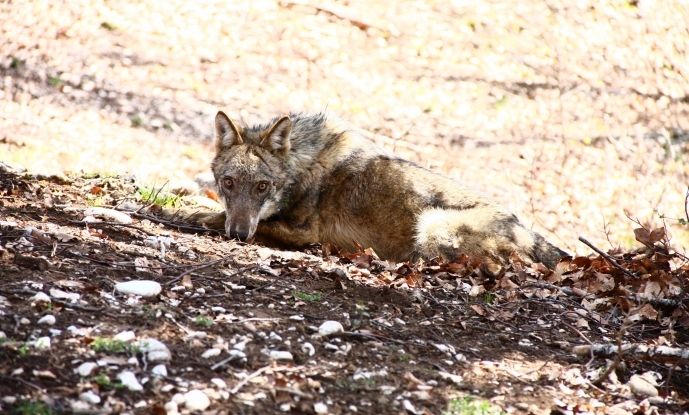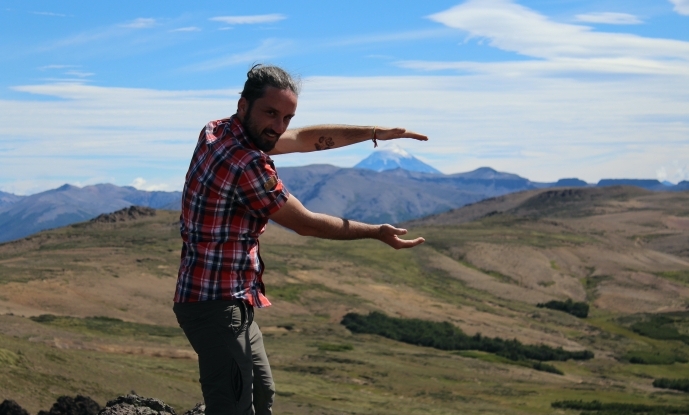Orlando Gallo
Junior Researcher
Details
Position
Junior Researcher
Member type
Researchers
Degree
PhD
Address
CIBIO-InBIO, Universidade do Porto, Campus de Vairão, Rua Padre Armando Quintas, 4485-661 Vairão, Portugal
Groups
During my curricular and scientific path, I have been consistently determined to pursue a career in Wildlife Ecology and Conservation of mammal carnivores. I first followed this aspiration by choosing a MSc project focused on different aspects of wolf (Canis lupus italicus) ecology, including spatiotemporal behaviour assessment using GPS-telemetry data, and food habits analysis through macro and microscopic identification of scat remains. After the MSc degree, I was awarded a research technician fellowship in a project aiming to assess the magnitude of wolf-dog hybridization in central Italy. This offered me the opportunity to engage in molecular ecology work, which drew my attention to the potential of genetic tools applied to ecological and conservation studies. This job experience, stimulated me to enrol a 5-year (2015-2020) PhD program at the Univ. Nacional del Sur (Argentina) to develop the first country-wide molecular ecology study of the puma (Puma concolor). My PhD was an outstanding opportunity to develop my skills in molecular and analytical approaches applied to population dynamics and landscape connectivity, and to relate it to high levels of human pressure in a large carnivore species.
Recently, I concluded a postdoc working on management and productivity of trophic resources for the conservation of the critically endangered marsican bear (Ursus arctos marsicanus).
Currently, with my CEEC research position I am developing a project that aims to identify priority areas for the implementation of conflict mitigating actions by investigating individual diet of wolves and African wild dogs in human-disturbed habitats based on cutting-edge molecular techniques.
Currently, with my CEEC research position I am developing a project that aims to identify priority areas for the implementation of conflict mitigating actions by investigating individual diet of wolves and African wild dogs in human-disturbed habitats based on cutting-edge molecular techniques.




